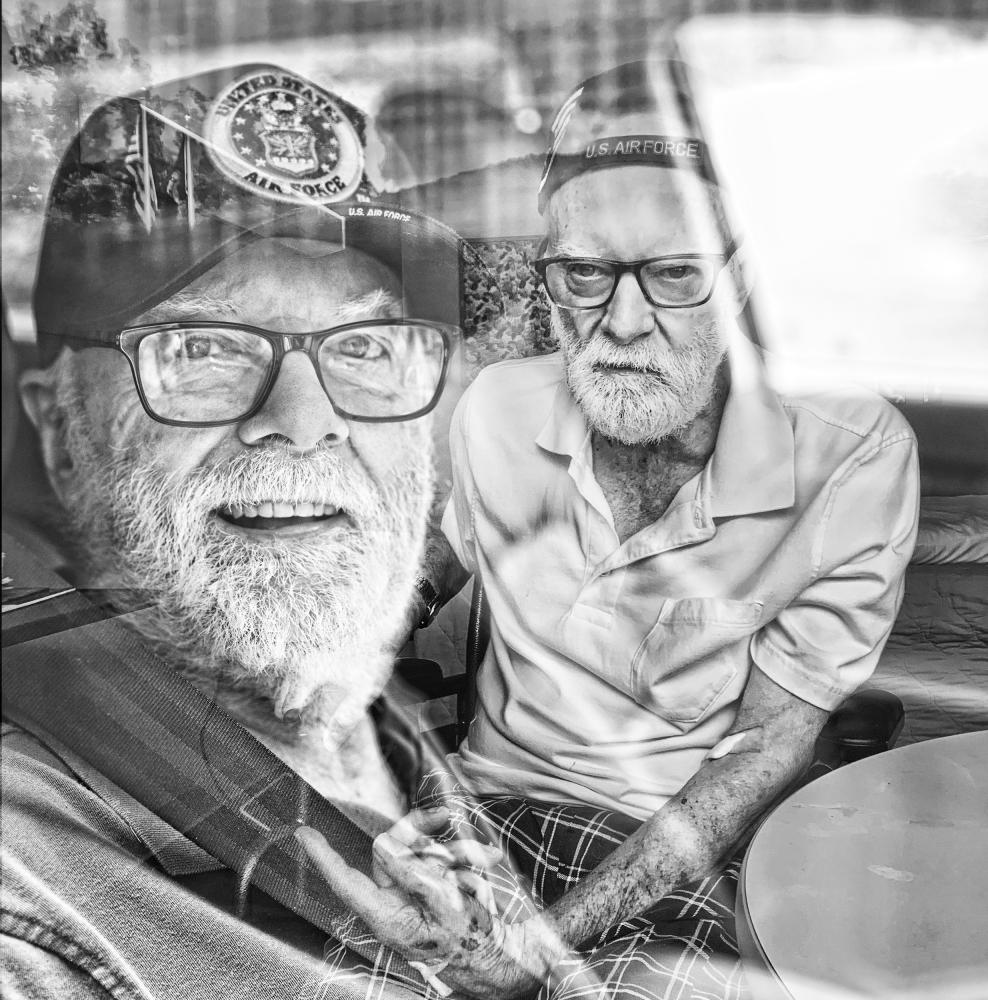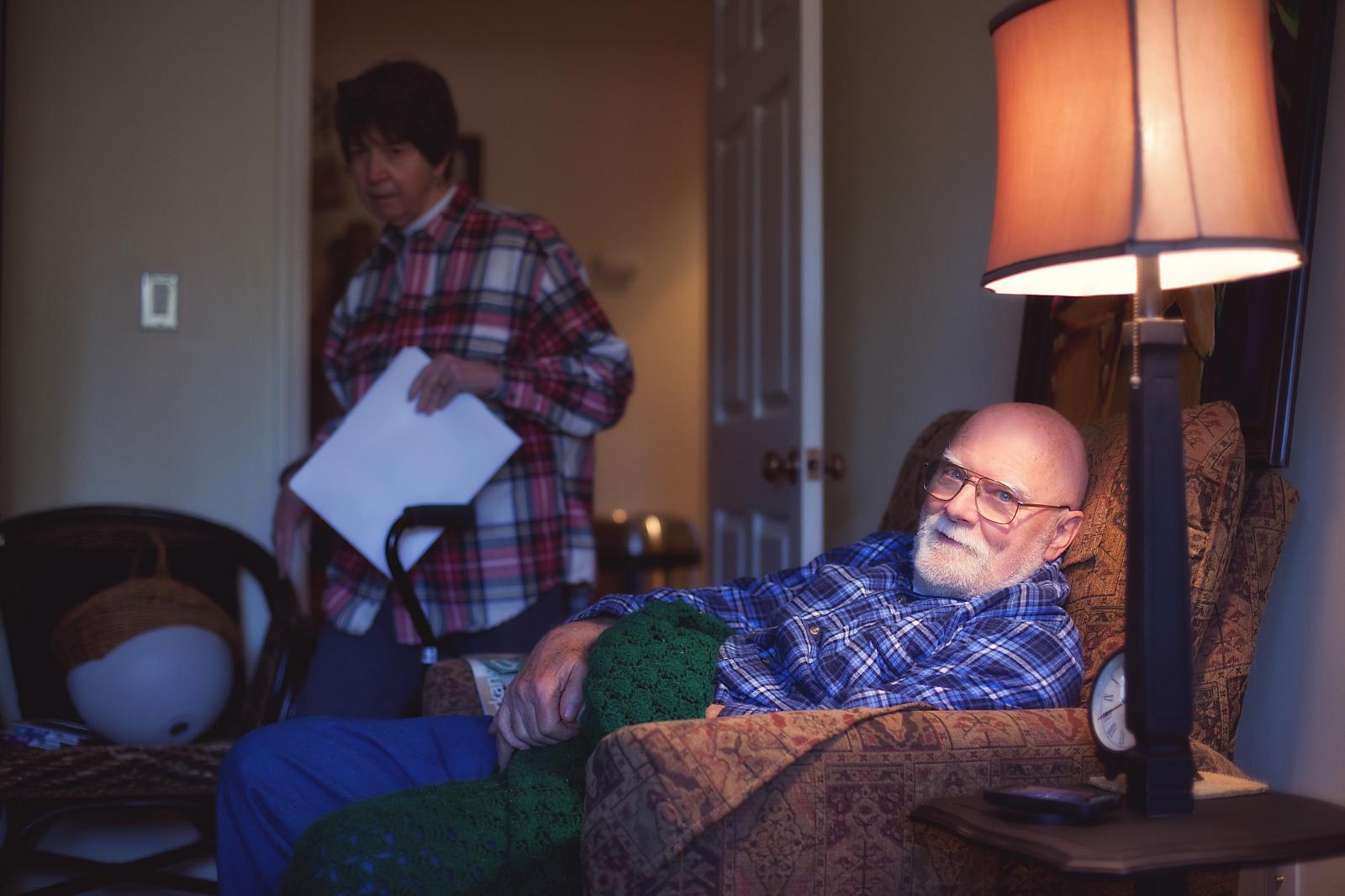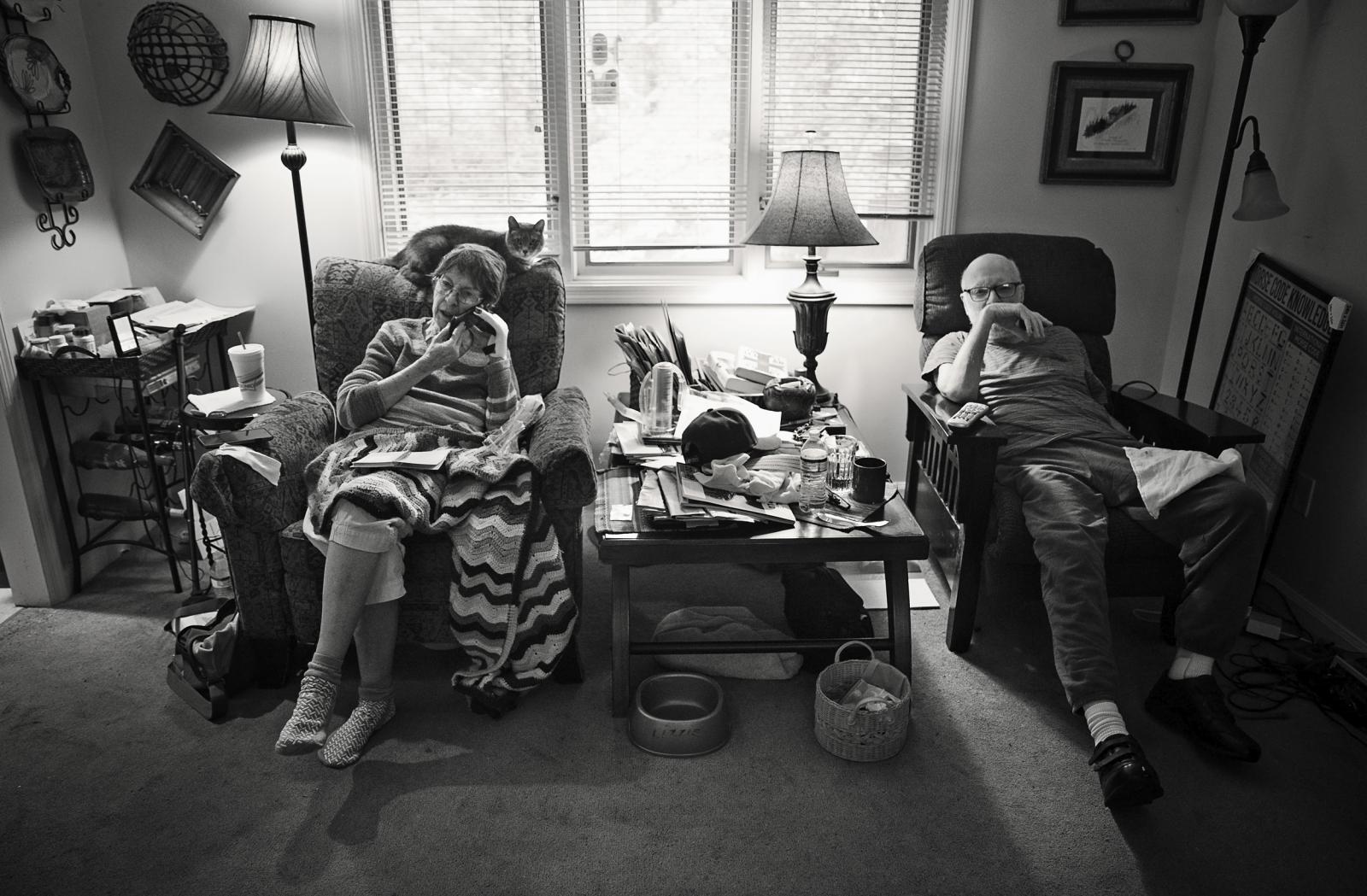Since COVID-19 overtook our world more than a year ago, the casualties have been countless. From the enormous number of lives lost to the virus to the school year and memories that morphed into months of solitary virtual learning, it’s been hard. For me, my family’s casualty is still with us. Simply put, I lost my dad to the lockdown.
My father had a stroke nine years ago that caused left-side neglect and cognitive dementia. His short-term memory was impaired and his ability to move about was greatly affected. But he was still able to live with my mother in an apartment behind our house and do everyday activities like feed himself, use the restroom, go on car rides and talk lucidly to family and friends.
When the pandemic started, my father began to fall. Short trips across the room proved difficult and I’d regularly get a call from my mom that he needed help off the floor. When this turned into a daily occurrence, we knew it was time to find a safer environment for my father to live. We toured the veteran’s home in our area and were extremely impressed. Residents had their own rooms and activities kept them occupied and engaged. We were told about lemonade socials on the porch and visits from the therapy animals. My very social father was most excited about meeting other vets and discussing military days. He was smiling and talkative throughout the tour. We joked that it felt like a college dorm for retired vets and laughed about “what happens in the VA home, stays in the VA home.”
We got the call in May 2020 that a space had opened so we started the move-in process which included a COVID test. Because of COVID, we couldn’t move him into his room and had to meet the CNAs at the entrance to “hand over” my father and his belongings. My father was excited and we were excited for him. We assumed that, once inside, the residents would be able to move about and continue life as it had been. Sadly, this didn’t happen. My father was quarantined to his room for the required 14 days. Again, we knew this was part of the process and thought once his quarantine was over, he could enjoy life inside. Then COVID cases grew and residents were required to stay in their rooms. The only way we could see my father was through the window.
Our first visit was heartbreaking. He was extremely depressed, confused, wasn’t eating, had lost weight and was mad. How do you explain to someone with cognitive dementia that a virus caused this sudden seclusion from family? You can’t. He was mad, yelled to go home, asked for his wife, and had no idea who the nurses and CNAs were in his room. He felt abandoned. The VA home did all they could to keep the residents safe and I get it. I understand the precautions. But my father didn’t and it was hard to see.
They finally opened the doors to let vaccinated visitors inside a year after he moved in. This was in May. My mother and I visited regularly. The staff could tell his moods improved when we were there. But the changes over the past year were drastic. He can’t walk now and he needs help feeding himself. He knows who I am but sometimes thinks I’m his sister. Having grown up Catholic, he’s convinced his CNAs are nuns. He sometimes thinks he’s still on a mission and is waiting to be released.
I know this is the sad part of dementia. But I also know it didn’t have to happen so quickly. I blame this virus. And now, we’re starting all over again. I got a call this weekend from my father’s favorite CNA that his facility is back on Code Red due to COVID cases. No inside visitors. No hand-holding and no hugs. I’m sad and I’m mad. I don’t understand how we got here again. And I feel certain my dad won’t understand either.
(These photos are part of an on-going series documenting my father's life since his stroke.)



























